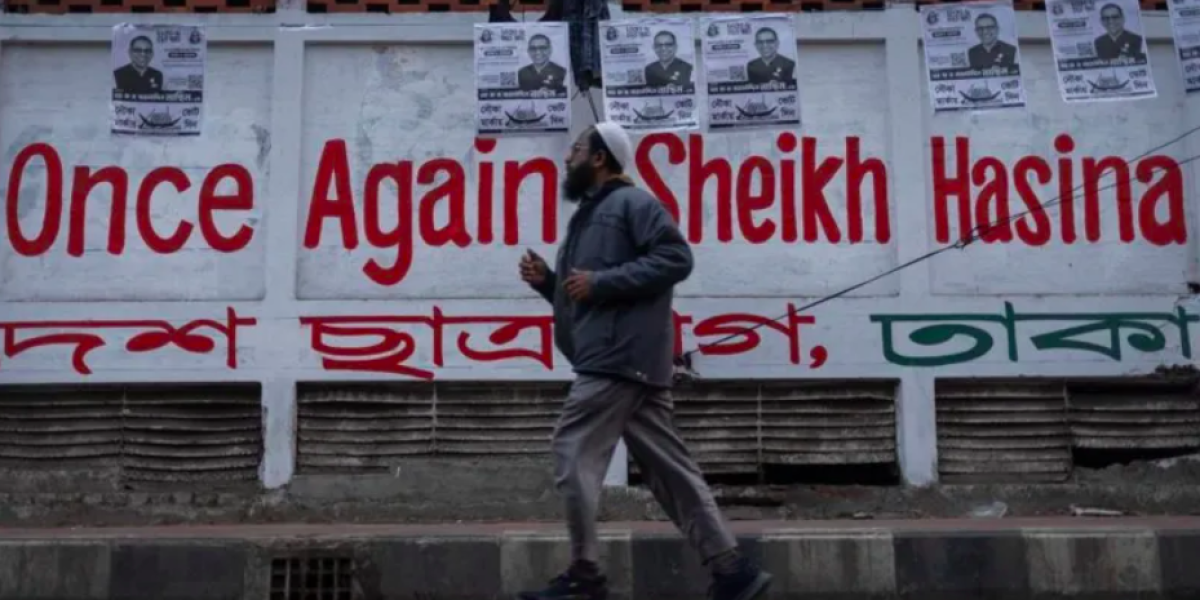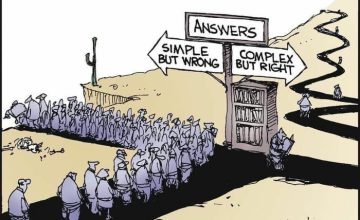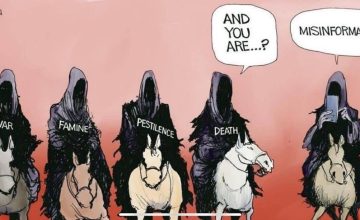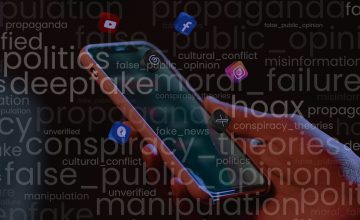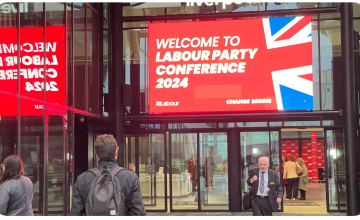Since 2022, Bangladesh has been embroiled in a balancing act between economic and political turmoil under the former Prime Minister Sheikh Hasina and her ruling party the Awami League. On the economic front, the country’s GDP and per capita income growth has been superior to its neighbours, pulling out approximately 25 million people out of poverty since 2004 and became the world’s second largest garment producer after China. However, hit by the pandemic, Bangladesh has struggled with inflation which was around 9.5% in November, 2023. Its foreign exchange reserves also dropped from a record $48bn in August 2021 to around $20bn in January 2024 and foreign debt has doubled since 2016. Politically, the country has suffered with allegations of election tampering, political protests and arrests and a government policy proposing job reservations which led to eventual political uprising leading to the ousted of the former Prime Minister.

On August 5, 2024, the former and longest reigning Prime Minister of Bangladesh, Ms. Sheikh Hasina, left the country and landed in Delhi, India due to protests demanding her resignation. The government alleged that the Bangladesh Nationalist party and then banned Jamaat-e-Islami were behind the agitation. The mass uprising created ripples of unrest and intensified after the state machinery resorted to violence leading to the death of around a hundred protestors. Bangladesh has faced three major protests in the last one year.
The first round of protests in October 2023 were against the elections conducted in the country. Human Rights Watch (HRW) estimated that nearly 10,000 activists were arrested after an opposition rally on October 28 turned violent, resulting in the deaths and injuries of those participating. The government was accused of using violence to curb democracy but elections were held in January, 2024, despite a boycott by opposition parties. Ms. Sheikh Hasina won the elections and became the prime minister for a fifth term.
A second round of protests took place in June 2024 against the government’s decision to provide reservations for countries’ freedom fighters in government jobs. This decision led to massive student protests for alleged misuse of the reservation by family members of the descendants of freedom fighters and members of the ruling party. Protests continued despite the Appellate Division of the Supreme Court dismissing the order of the High Court. However, simultaneously the state machinery had used violence to disperse the protestors, leading to the death of many. The use of violence catapulted the third round of protests in August 2024, where the protestors were no more protesting against reservations but the PM herself, demanding an apology and her resignation.

The International community, especially countries such as the US and organisations like the United Nations, have criticised the government and Ms. Hasina for the use of violence against the protestors and called for restraint. Previously, in January 2024, after the election results, the U.S. and UN voiced concern over violence and reports of irregularities on the day of elections, with the US noting that the polls were not free or fair and regretted that not all parties participated in the ballot.

Simultaneously, the country has faced economic hurdles with a slowdown in economic growth, growing debt and diminishing foreign reserves, all driving inflation. In May, 2024, the government had requested a $5 billion loan from China to maintain foreign reserves and received $928 million in loans for economic support and about $220 million to combat climate change from the International Monetary Fund (IMF) in June 2024. This is in continuation of an already existent monetary bailout that the country received in January 2023 from the IMF.
The political and economic crisis that the country has faced played a major role in the protests that the country witnessed. However, the way the government handled dissent, especially with regards to how it communicated with its people, holds a lesson for governments all over. It also shows the importance of precise and transparent communication and how a lack of it can lead to much bigger problems than anticipated. Bangladesh government’s communication plan possibly had three major flaws:
- Censorship and Media Blackouts: Shutting down media outlets, social media platforms and censorship of opposition accounts and voices may have hindered the public’s ability to access reliable information. Such actions may have fuelled distrust and also provided space for mis/disinformation to stem. The government on multiple occasions shut down internet services, though it may have been required to curb violence, shutdowns and censorship without any accountability and lack of transparency may not have worked in the government’s interest.
- Spread of Misinformation and Disinformation: A June 2024 report by the Dhaka Tribune alleged that the government was involved in spreading mis/disinformation and setting up fake accounts on social media platforms, especially Facebook. Allegedly Facebook deleted 50 accounts and 98 pages for violating their policy against coordinated inauthentic behaviour. Most of these accounts allegedly belonged to the Awami League and engaged in pretending to be opposition supporters and posted content critical of the political opposition. Furthermore, a rampant spread of false narratives concerning the protestors could have also angered the public more than diffusing the situation.
- Lack of transparency, inconsistent messaging and poor crisis management: The government did not clearly communicate the rationale behind its decisions for the job reservation for the freedom fighters, neither clearly communicated once the policy was struck down by the court. Prior to this, the government violently dispersed protests questioning the fairness of the general elections. The use of violence instead of communicating government decisions, actions and setting up of dialogue channels with protestors may have worked against the ambitions of the government and its former leader. Equating political opponents and opposing voices as razakars (a term for those who collaborated with Pakistani forces during the country’s struggle for liberation), the Digital Security Act, banning opposition parties without any public messaging or discussion with protestors may have ignited the protests further instead of slowing them down.

